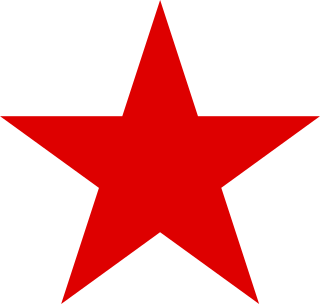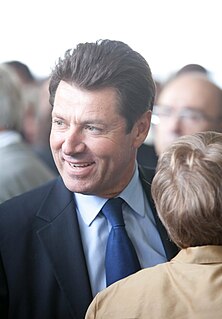This article may be expanded with text translated from the corresponding article in French. (December 2015)Click [show] for important translation instructions.
|
This article needs additional citations for verification .(December 2015) (Learn how and when to remove this template message) |
| |||||||||||||||||||||||||||||||||||||
All 18 Regional Presidencies All 1,757 Regional Councillors | |||||||||||||||||||||||||||||||||||||
|---|---|---|---|---|---|---|---|---|---|---|---|---|---|---|---|---|---|---|---|---|---|---|---|---|---|---|---|---|---|---|---|---|---|---|---|---|---|
| |||||||||||||||||||||||||||||||||||||
 Second round results by region.
| |||||||||||||||||||||||||||||||||||||
Regional elections were held in France on 6 and 13 December 2015. At stake were the regional councils in metropolitan and overseas France as well as the Corsican Assembly and inaugural seats in the Assembly of French Guiana and Assembly of Martinique , all for a six-year term. The Departmental Council of Mayotte, which also exercises the powers of a region, is the only region not participating in this election, having already been renewed on 2 April 2015. There are 18 Regional Presidencies at stake, with 13 in continental France and Corsica, and 5 overseas. Though they do not have legislative autonomy, these territorial collectivities manage sizable budgets. Moreover, regional elections are often taken as a mid-term opinion poll.

France, officially the French Republic, is a country whose territory consists of metropolitan France in Western Europe and several overseas regions and territories. The metropolitan area of France extends from the Mediterranean Sea to the English Channel and the North Sea, and from the Rhine to the Atlantic Ocean. It is bordered by Belgium, Luxembourg and Germany to the northeast, Switzerland and Italy to the east, and Andorra and Spain to the south. The overseas territories include French Guiana in South America and several islands in the Atlantic, Pacific and Indian oceans. The country's 18 integral regions span a combined area of 643,801 square kilometres (248,573 sq mi) and a total population of 67.3 million. France, a sovereign state, is a unitary semi-presidential republic with its capital in Paris, the country's largest city and main cultural and commercial centre. Other major urban areas include Lyon, Marseille, Toulouse, Bordeaux, Lille and Nice.

The Corsican Assembly is the unicameral legislative body of the territorial collectivity of Corsica. It has its seat at the Grand Hôtel d'Ajaccio et Continental, in the Corsican capital of Ajaccio. After the 2017 territorial elections, the assembly will be expanded from 51 to 63 seats, with the executive council expanding from 9 to 11 members.
A territorial collectivity is a chartered subdivision of France, with recognized governing authority. It is the generic name for any subdivision with an elective form of local government and local regulatory authority. The nature of a French territorial collectivity is set forth in Article 72 of the French constitution of 1958, which provides for local autonomy within limits prescribed by law.
Contents
- Voting system
- Opinion polls
- National results
- First round
- Second round
- By region
- References
- External links
These elections were the first to be held for the redrawn regions- the 27 regions of France were amalgamated into 18, this went into effect on 1 January 2016. [1] [2]

























